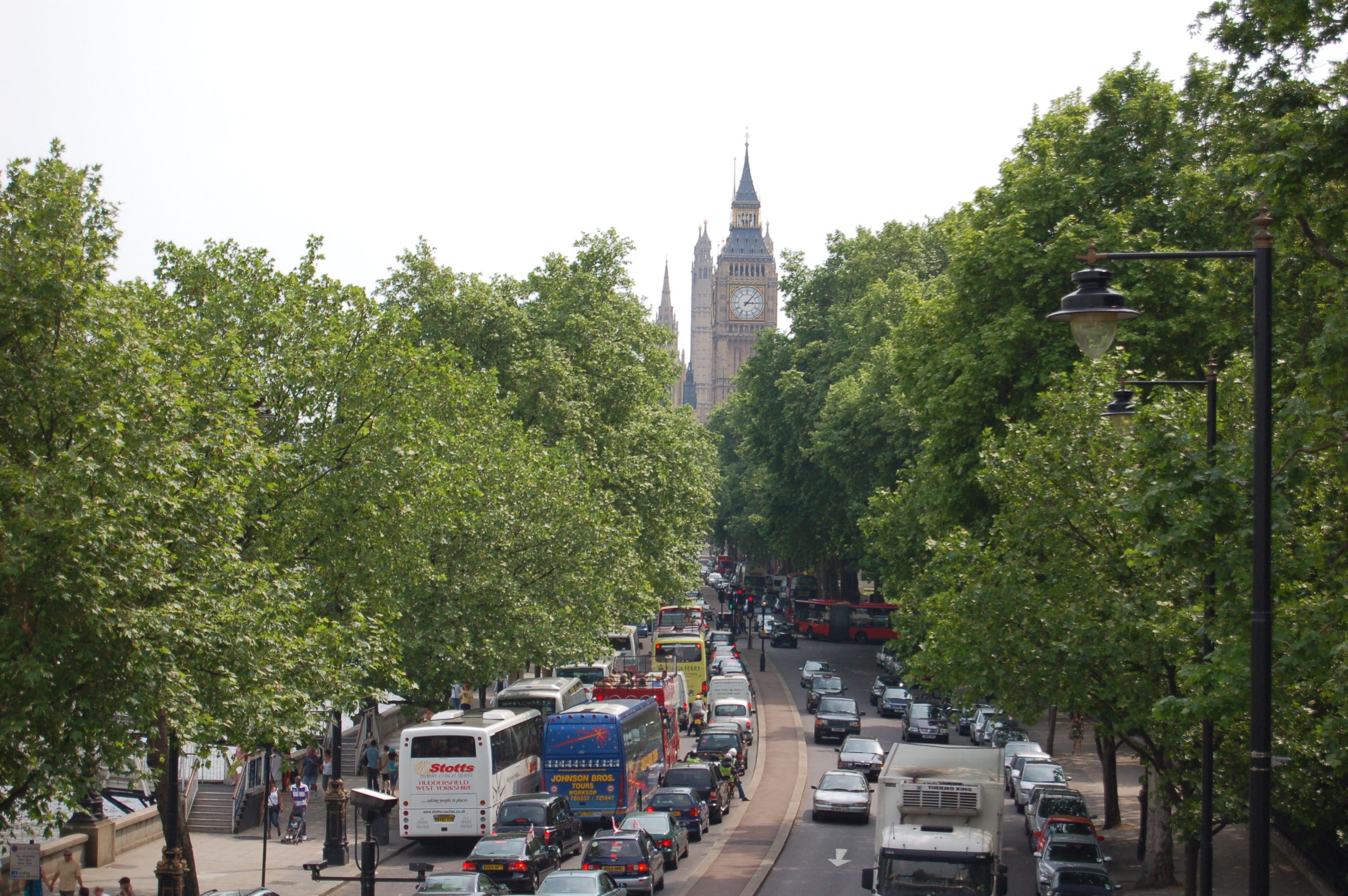
Defra has been ordered by the UK Supreme Court to draw up new plans on how it will tackle air pollution, for submission to the European Commission by the end of the year. Whatever form the new government takes, the court said, it “should be left in no doubt as to the need for immediate action”.
The ruling marks the culmination of a four-year case brought against the government by environmental law firm ClientEarth, and follows the May 2013 Supreme Court ruling that it had failed in its legal duty to protect people from the harmful effects of air pollution, set out by the EU air quality directive. The directive had given the UK until 2010 to reduce pollutant levels from traffic fumes, prompting the government at the time to concede that it could take an additional 20 years to meet the required nitrogen dioxide (NO2) levels in some cities, especially London.
NO2 has been associated with heart attacks as well as exacerbating breathing difficulties in those with respiratory problems like asthma. The latest ruling will save thousands of lives, said ClientEarth lawyer Alan Andrews.
Following the judgement Labour’s London Assembly Environment Spokesperson Murad Qureshi said Boris Johnson had for years “shied away from tackling this silent killer”. Air quality has gotten worse under Johnson’s watch, he said, despite earlier pledges to make London one of the world’s greenest cities. A vital next step must be to expand the Mayor’s proposed Ultra-Low Emission Zone in London, and use it as a basis for similar schemes in other areas of the country.
Shadow Environment Secretary Maria Eagle said Labour will deliver a national framework for low emission zones to enable local authorities to encourage cleaner, greener, less polluting vehicles.
Defra commented that air quality has improved significantly in recent years, and work is already underway to meet EU targets for NO2 as soon as possible. “It has always been the government’s position to submit these plans before the end of this year. Meeting NO2 limits is a common challenge across Europe with 17 member states exceeding limits.”
A full transcript of the judgement can be viewed at https://www.supremecourt.uk/decided-cases/docs/UKSC_2012_0179_Judgment.pdf.







